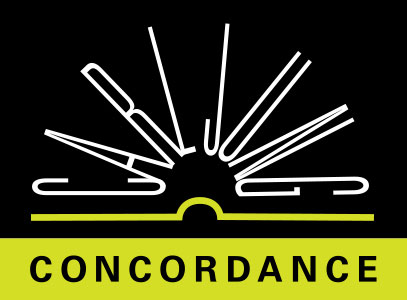Two figures who represent opposing psychological standpoints. They may be compared as follows:
FREUDIAN PSYCHOLOGY
Freudian psychology is characterized by one central idea, the repression of incompatible wish-tendencies. Man appears as a bundle of wishes which are only partially adaptable to the object
CW6 ¶ 90His neurotic difficulties are due to the fact that environmental influences, education, and objective conditions put a considerable check on the free expression of instinct
CW6 ¶ 90Other influences, productive of moral conflicts or infantile fixations that compromise later life, emanate from the father and mother
CW6 ¶ 90The original instinctive disposition is a fundamental datum which undergoes disturbing modification mainly through objective influences; hence the most untrammelled expression of instinct in respect of suitable chosen objects would appear to be the needful remedy
CW6 ¶ 90ADLER'S PSYCHOLOGY
Adler's psychology, on the other hand, is characterized by the central concept of ego-superiority. Man appears primarily as an ego-point which must not under any circumstances be subordinated to the object
CW6 ¶ 90While the craving for the object, the fixation on the object, and the impossible nature of certain desires for the object play a paramount role with Freud, with Adler everything is directed to the superiority of the subject
CW6 ¶ 90Freud's repression of instinct in respect of the object corresponds to the security of the subject in Adler. For Adler the remedy is the removal of the security that isolates the subject; for Freud it is the removal of the repression that makes the object inaccessible
CW6 ¶ 90BASIC FORMULA OR
THE POWER OF THE SUBJECT
The basic formula with Freud is therefore sexuality, which expresses the strongest relation between subject and object; with Adler it is the power of the subject, which secures him most effectively against the object and guarantees him an impregnable isolation that abolishes all relationships
CW6 ¶ 91Freud would like to ensure the undisturbed flow of instinct towards its object; Adler would like to break the baleful spell of the object in order to save the ego from suffocating in its own defensive armor
CW6 ¶ 91Freud's view is essentially extraverted, Adler's introverted. The extraverted theory holds good for the extraverted type, the introverted theory for the introverted type. Since a pure type is a product of a wholly one-sided development it is also necessarily unbalanced. Over accentuation of the one function is synonymous with repression of the other
CW6 ¶ 91Psychoanalysis fails to remove this repression just in so far as the method it employs is oriented according to the theory of the patient's own type. Thus the extravert, in accordance with his [Freud's] theory, will reduce the fantasies rising out of his unconscious to their instinctual content, while the introvert [according to Adler], will reduce them to his power aims
CW6 ¶ 92The gains resulting from such an analysis merely increase the already existing imbalance
CW6 ¶ 92The standpoints of Freud and Adler are equally one-sided and characteristic only of one type
CW6 ¶ 92